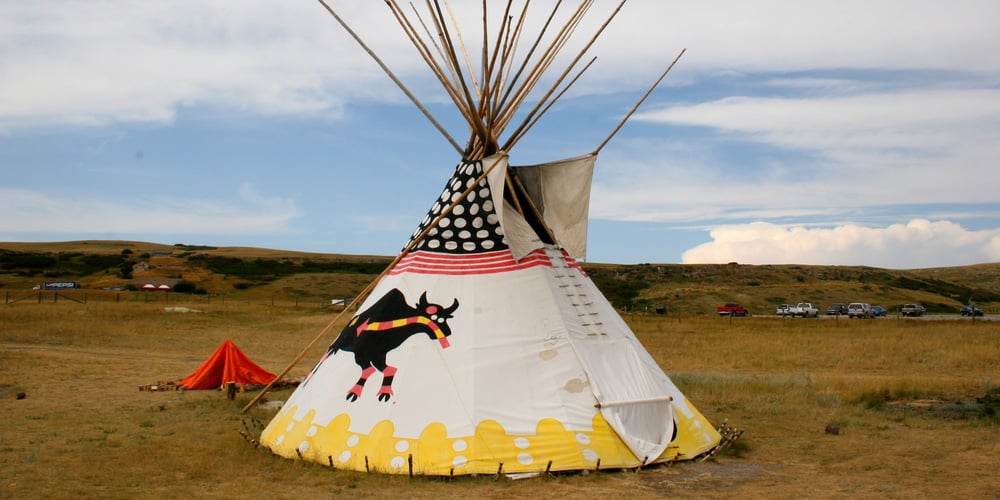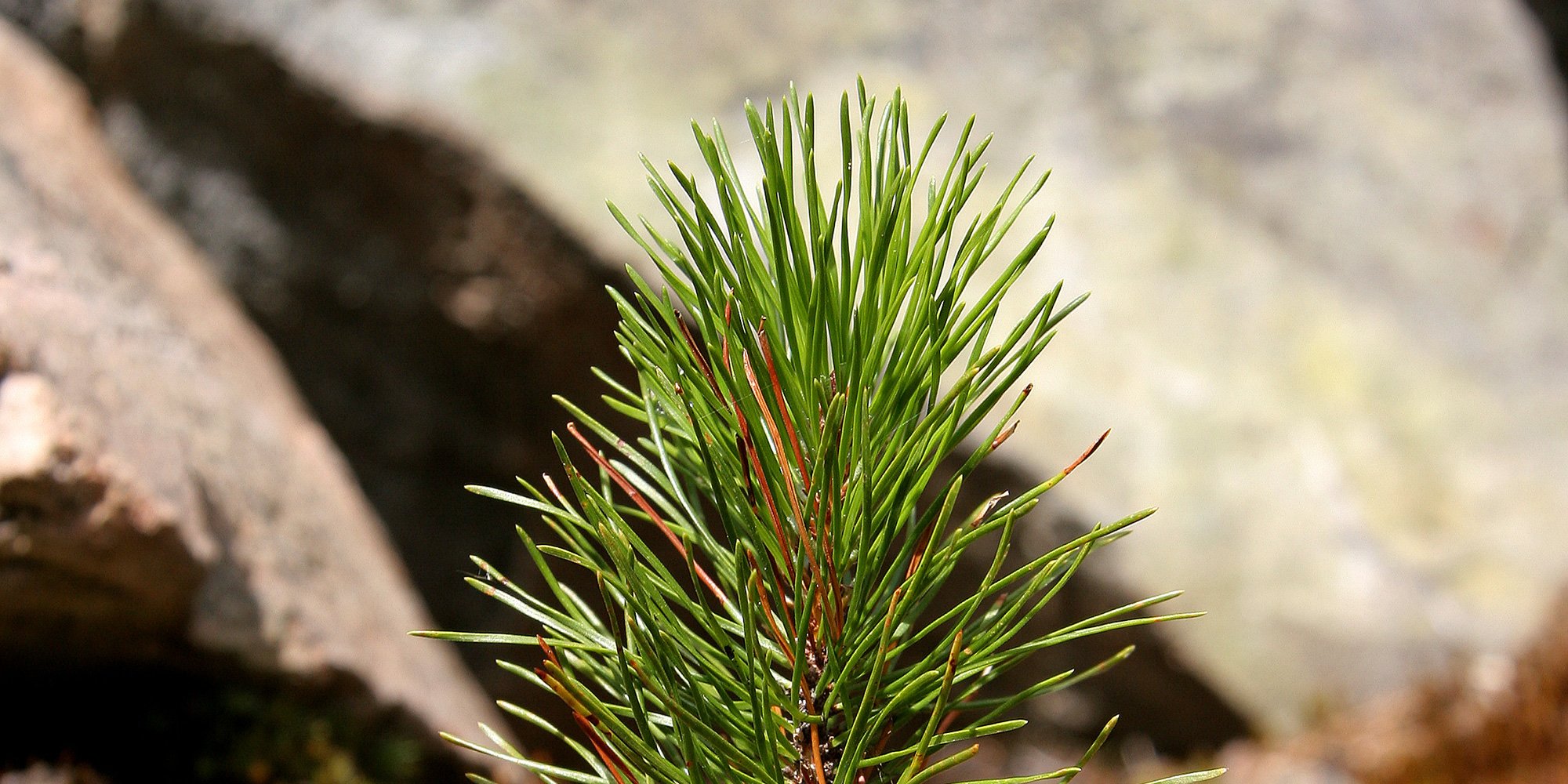7 First Nation Facts You Should Know
Here are seven First Nation facts plus one fun fact to add to your storehouse of knowledge. 1) Number of Nations There are over 634 recognized First...

When a people can laugh at themselves and laugh at others and hold all aspects of life together without letting anybody drive them to extremes, then it seems to me that that people can survive.
Vine Deloria Jr., author, theologian, historian
Humour has been an important survival tool to get through the past 500 years that have seen colonization, residential schools, sixties scoop, racism, marginalization, poor health care, substandard housing, and poverty descend upon First Nations; it’s known as “survivor humour”. As such, First Nation humour can be ironic, politically incorrect, caustic, and self-deprecating. As an oral society, telling stories and jokes is an integral part of the culture for many First Nation people.
According to Chris Tyrone Ross, the Publisher of RezX Multi-Media, First Nation humour needs to evolve to reflect the new reality.
...First Nations humour has changed over time from its original roots to what it is today, which leaves us questioning; Does First Nations humour truly reflect today’s First Nations person? In comparison, what was funny in the 80s and mid-90s is a lot different from what is considered funny today. The old rez-based humour is growing tired because, since the early ’90s, half of the First Nations population has moved into urban areas.
If you are working with a First Nation community, a sense of humour will definitely be an asset. We have seen many visitors welcomed to a community with humour that sometimes bites a bit. Can you take some ribbing? Can you laugh at yourself, and can handle it when others laugh at you? Go with the flow. Being teased with humour can actually be a sign of acceptance - a signal that they may want to work with you and are trying to get you to conform to group norms.
While it’s an asset that you have the ability to take some ribbing and be the object of mirth without feeling offended, you should be pretty confident about the footing of your relationship before you decide to start cracking jokes. First Nations can rib each other, but the same words coming from the mouth of a non-First Nation will be offensive unless you have a long and respectful relationship. In a business relationship, cracking jokes about stereotypes is probably not the best way to build a rapport. Accept that you are going to be the brunt of jokes and learn to appreciate it as a sign of inclusion and often there can be a "teaching point" in the humour. We have seen esteemed visitors, people from inside the community and guests be on the receiving end of a joke with a teaching point included - and some recipients just don't get the joke, which can make it even funnier.
Featured photo: Unsplash

Here are seven First Nation facts plus one fun fact to add to your storehouse of knowledge. 1) Number of Nations There are over 634 recognized First...

Keith Matthew, founder, Seklep Business Services, is a member of and former chief of the Simpcw First Nation. He served for five years as chief and...

Indigenous peoples have the right to maintain and strengthen their distinctive spiritual relationship with their traditionally owned or otherwise...